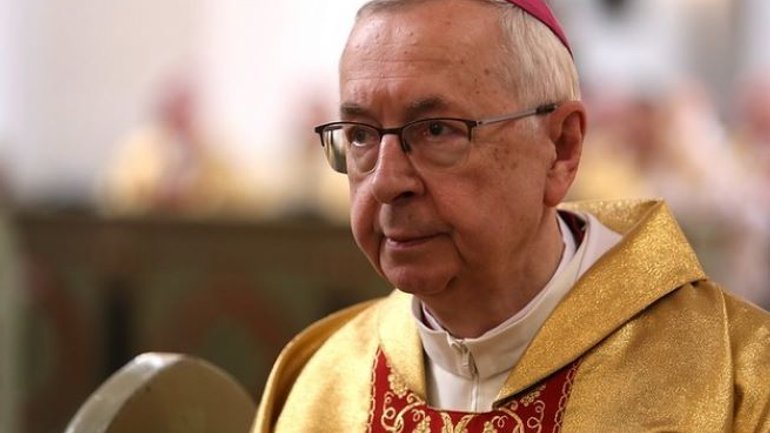The head of the Episcopal Conference of Poland criticized the Vatican's position regarding the Russian Federation's war against Ukraine

"Treating the aggressor and the victim the same way is a mistake," said the chairman in an interview with the German Catholic weekly "Die Tagespost," as reported by CREDO.
"It seems like a repetition of the Vatican's so-called Ostpolitik during the time of communism," he noted.
"If Russia were to win the war, it wouldn't abandon its ambitions to reclaim the sphere of influence of the Soviet Union. So, we would soon have another war in Europe," said the Archbishop of Poznań.
Since the fall of the Soviet Union, Russia has been involved in almost continuous wars. "This time, it is denying the Ukrainian people the right to exist, which is called genocide under international law," Archbishop Stanisław acknowledged, adding that he doesn't know what it will take to change the Russian mindset.
The Chairman of the Polish Episcopal Conference pointed out that the so-called "Eastern policy" of the Vatican is one of the most controversial issues in 20th-century church politics. Some see it as the Church's inevitable attempts to maintain contacts with communists and preserve pastoral care by agreeing to acceptable candidates for the episcopate. Others view Ostpolitik as an unsuccessful attempt to gain favor with an ideological opponent, unfortunately to the detriment of the Church or even as a betrayal of those who resisted on the ground, sometimes at a high price.
Archbishop Stanisław Gądecki reminded that in the 1960s, papal envoys were at least able to negotiate the filling of several vacant bishoprics. However, this involved candidates approved by the state, many of whom worked for the security services of communist regimes.
"In reality, not much has changed in the desperate situation of the Church. Priests, consecrated persons, and laypeople were still being spied on, and in some cases, they were sentenced to lengthy imprisonments and so-called religious re-education while the Church administration was effectively paralyzed. The communists in power mostly did not keep their promises," said the Chairman of the Polish Episcopal Conference.









